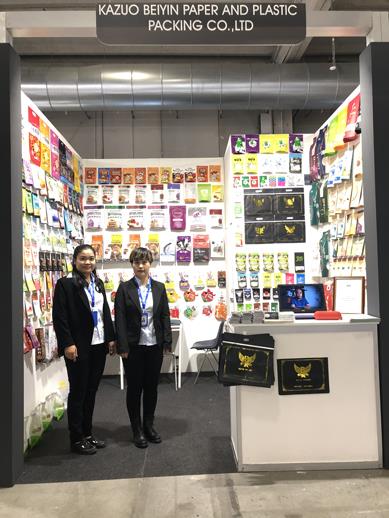
Organic vegetables and fruit in supermarkets are often packaged in biodegradable plastic. Plant pots and magazine wrappers are also often biodegradable. The logo of a sprouting leaf on the packaging shows that this plastic is compostable. The definition of the logo is that the material should disappear completely within seven weeks in an industrial composting unit which runs at up to 65 degrees Celsius. The material is broken down into natural resources by bacteria. But if you add this biodegradable plastic to your own compost, the natural biodegrading process can take two years.
The term bioplastic is used for plastic that partly consists of natural materials such as sugar cane or starch. This means that these bioplastics ultimately have the same characteristics as regular plastic and, despite their name, are not biodegradable.
Biodegradable plastic – so not bioplastic – that can be put into the vegetable/fruit/garden bin for collection can also be put in the compost. If biodegradable plastics are mixed with conventional oil-based plastics, they will negatively affect the quality of recycled plastic.